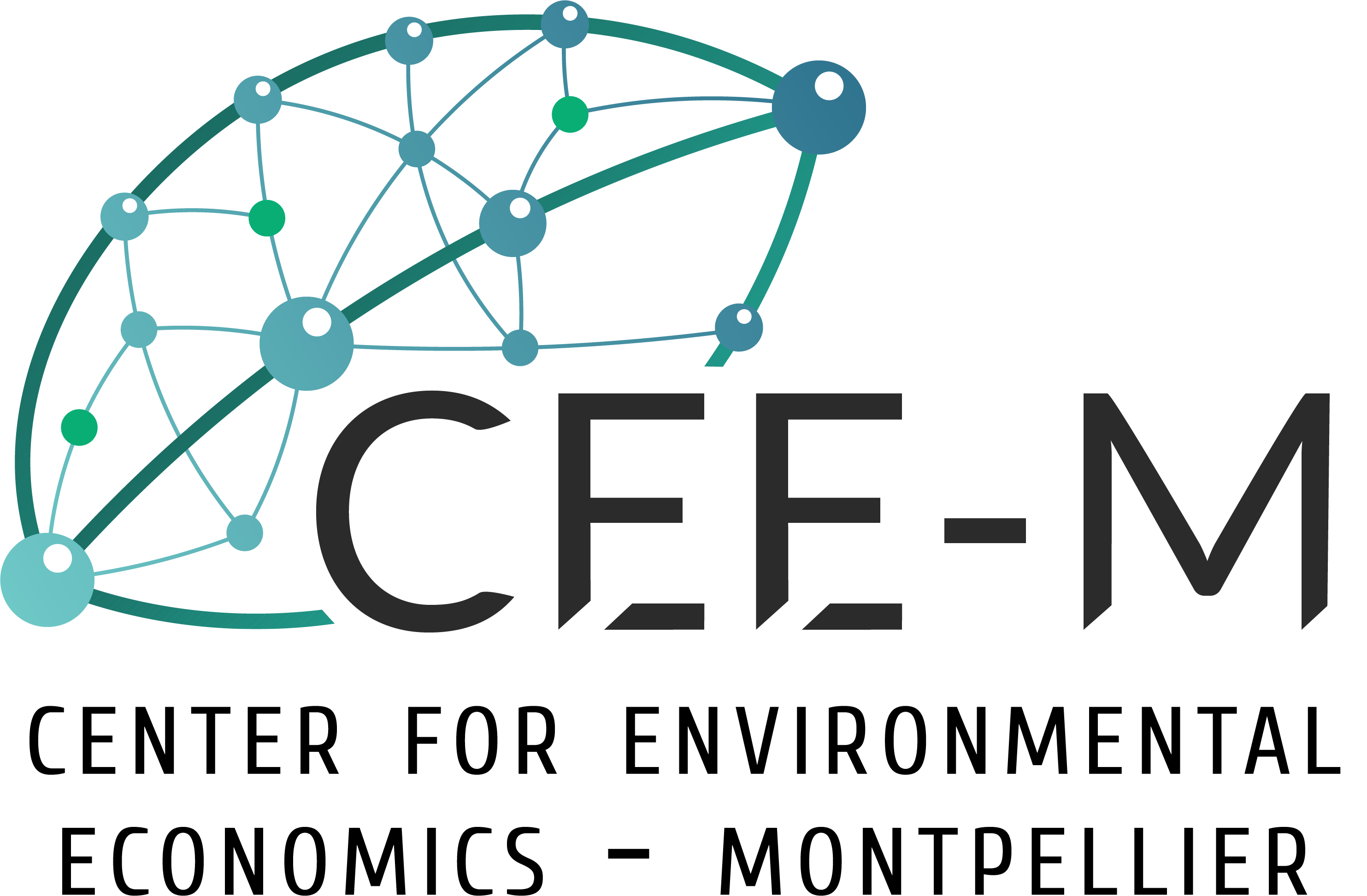William Nordhaus (Yale) and Paul Romer (NYU) share the 2018 Nobel Prize in economic sciences for their respective work on climate economics and endogenous growth, a prize rewarding their commitment for economics and the environment.
Nordhaus pioneered in the early 1990’s the first integrated assessment model aimed at representing the interplay between economics and climate change from the perspective of economic growth theory. Principal output of the DICE-RICE model is the analysis of optimal consumption path to prevent desastrous consequences over time. Nordhaus made his codes available for all in 1999 and analysis and developments flourished on this basis since then. It has been widely used by the climate change research community, international agencies and the IPCC.
Romer’s work initiated substantial research about the determinants of long-run economic growth by underling that the long-term per capita growth rate was not pegged by the rate of an exogenous technological progress. Romer’s (1990) paper has exerted the greatest influence because it achieved to make the growth rate of the economy truly endogenous. He modeled how economic decisions and market conditions determine the creation of new technologies that function as a driver of long-term growth. His research has underlined the critical role of governmental actions, such as taxation or protection of intellectual property rights to maintain a positive growth rate in the long run. Romer’s theory has thus generated vast amounts of studies about regulations and policies that foster technological innovation.
The contributions of both laureates are methodological and allow to address the pressing research question of how we can create long-term sustained and sustainable economic growth. This seems particularly timely in view of the new IPPC report that calls for urgent action to avoid the most serious damage of climate change.
